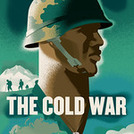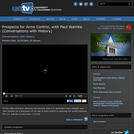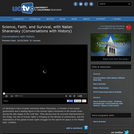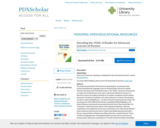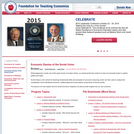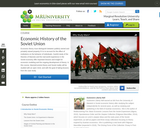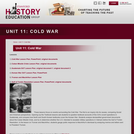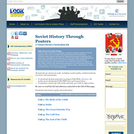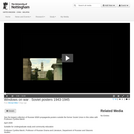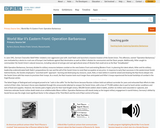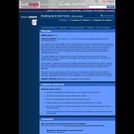
The collapse of the Soviet State in 1991 was followed by Chechen President Dzhokhar Dudayev's declaration of the Chechen Republic's independence from Moscow. Concerned over the loss of its territorial integrity, Russian troops invaded the breakaway republic and a civil war ensued. In l996, Chechen rebels regained control of the capital, Grozny, from Russian forces, almost destroying the city in the process. Fighting in Chechnya continues to this day, although on a relatively smaller scale. The WIDE ANGLE video 'Greetings From Grozny' (2002) examines the conflict from the perspectives of Russian soldiers, Chechen separatist militants, radical Chechen Islamists, and civilians living in Grozny.In this lesson, students will explore the multiple perspectives surrounding the conflict, examine the conflict's regional and international implications, and understand the mindsets of Chechens who have managed to maintain their identity and self-esteem in the face of untold human suffering. This lesson can be used during or after a lesson on the breakup of the Soviet Union and the formation of the Russian Federation (1991- present). A basic knowledge of post- Soviet history and basic geographical facts of Eurasia are required for the successful completion of the lesson.
- Subject:
- History
- World History
- Material Type:
- Activity/Lab
- Lesson Plan
- Teaching/Learning Strategy
- Provider:
- Thirteen/WNET New York
- Provider Set:
- WIDE ANGLE: Window into Global History
- Author:
- Melvin Maskin
- Date Added:
- 05/19/2006

